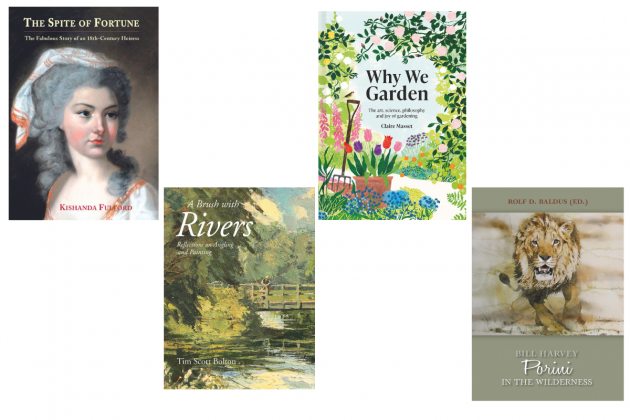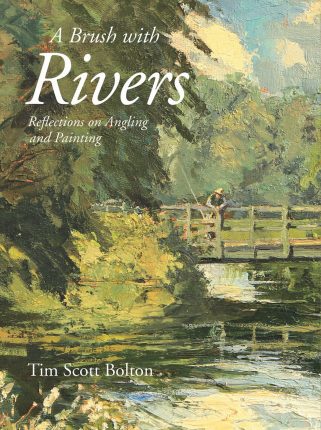
Why We Garden by Claire Masset
My immediate reaction to the title was to respond “but I don’t”. However, this is true only insofar as I outsource it because others are better at generating the horticultural joy I crave in the extremely restricted space that passes for a London garden. I think this in itself confirms Claire Masset’s premise: that we don’t garden just because we like flowers; rather, there is something primal about gardening that goes beyond the aesthetics.
Masset’s book is both unusual and compelling, for it is reflective, and even philosophical, as well as being a call to arms. In encouraging us, she invokes Epicurus and Voltaire, Gertrude Jekyll and Margery Fish. Masset’s 10 chapters expand on the reasons why we indulge in what can be such back-breaking and frustrating labours. Among the many motivations we have for tending and nurturing whatever green space we are responsible for, Masset argues that we garden to create beauty and order but also a sanctuary, and as a form of therapy and even love. Highly recommended.
Reviewed by Ettie Neil-Gallacher
The Spite of Fortune by Kishanda Fulford
Ancestors are seldom as interesting as their descendants would have us believe. But Kishanda Fulford, best known for her appearances on the television series The F***ing Fulfords, has unearthed a corker. Louisa Colleton, who was brought up at the Fulfords’ Devon estate in the 18th century, was orphaned at 14 and an heiress to a fortune in America, Barbados and England.
Then came the American war with the British, the loss of the American lands – and the slavery plantation in Barbados – and a lifelong struggle for compensation. She kept copious diaries upon which the author has drawn with deftness, trawling through archives here and across the Atlantic.
Ten children did not diminish Colleton’s ultimately successful petition for compensation from both American and British governments, corrupt lawyers and land agents. Piratical kidnaps and the death at Fulford of the last licensed jester in England (run over by the drunken squire Fulford of the day) are all between these pages.

Porini: In the Wilderness by Bill Harvey
Marginally larger than Switzerland, the Selous Game Reserve covers some 50,000 sq km of Tanzania and is a National Park fabled for its rich diversity. It is one of Africa’s largest protected areas, home to sizeable concentrations of elephants, buffaloes, giraffes, hippopotami and crocodiles, among others, and is one of the few remaining strongholds of the black rhinoceros. The park also comprises a huge variety of habitats, making it a sort of organic laboratory for both biology and ecology.
The reserve was established in 1922 and listed as a UNESCO World Heritage Site in 2014. Bill Harvey was the first warden, from 1928 until 1938. He wrote his memoirs while he was interned as a Japanese prisoner-of-war. Edited by his son, Perry, and privately published by Rolf Baldus, who provides the introduction, Bill’s adventures porini – or ‘in the bush’ – are a rare romp through his experiences of African wildlife preservation and control in a bygone era. To order a copy, please email Rolf Baldus at rolfbaldus@t-online.de,
Reviewed by Ettie Neil-Gallacher
A Brush with Rivers by Tim Scott Bolton
Shropshire-born and Wiltshire-based Tim Scott Bolton eschewed a career as a land agent (into which he’d ventured labouring under “the dreamy illusion that it would prove an adequate substitute to owning the country estate that I lacked”) for life as a painter, which has also allowed him to pursue his love of fishing. A risky move but one that has paid dividends, as these engrossing, beautiful memoirs attest.
Scott Bolton charts his travels in Norway, India, Afghanistan and Russia, and also with the former Prince of Wales through Eastern Europe and the Middle East as official tour artist. But he devotes most of his memoirs to capturing both the fish and the aesthetic charms of rivers across the UK.
Scott Bolton reflects that fishing and painting are solitary pursuits, the “sublime contentment” of time alone by the river enhancing the enjoyment of social interaction later. I would add that reading is also a solitary pursuit, and this book will certainly bear merry discussion afterwards.
Reviewed by Ettie Neil-Gallacher










